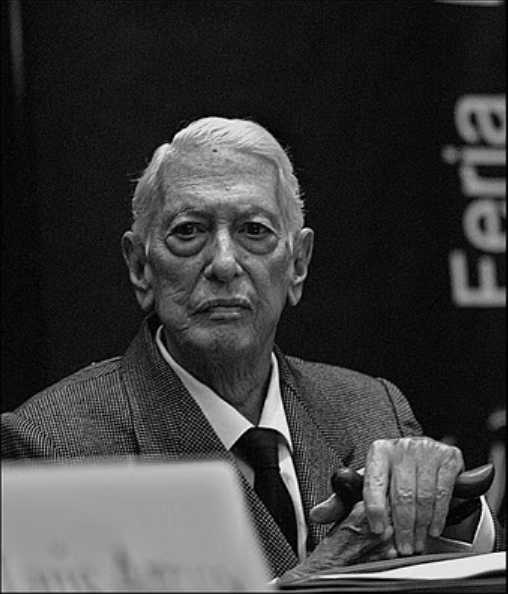4.1.2.9.10 The poetic production of Cintio Vitier (1921 – 2009) in the decade of 1960 – 1970

After the triumph of the Revolution, Cintio Vitier continued to be as prolific a poet as he had been during the Republican era, although now in tune with the direction of events on the island. During the 1960–1970 period, in addition to the works already mentioned, he wrote the titles Más (More) (1964); El día siguiente (The Following Day) (1965); Epitalamios (Epithalami) (1966); and Entrando en materia (Getting into the Matter) (1967), which will be analyzed separately.
“Más” is a collection of poems in which, without denying the poetic discoveries he had made within a revolutionary society, Vitier returns to his original questioning attitude toward reality and the spiritual space he occupies within it. Self-criticism becomes an eternal vocation for self-improvement both ethically and in the concrete achievements of poetry.
In this text, and also in “The Following Day,” we can also see his interpretation of poetry as a form of knowledge, which had been developing since his early Origenist attempts. However, he attributes this cognitive function not to the word per se, but to poetry as a perspective on life, not anchored exclusively in language.
The religious theme is also present in the last-mentioned notebook, especially in relation to death, against which he argues a silent rebellion based on what could be called the need for the transcendental, which had marked a good part of his questions and realizations of the poetic fact.
For his part, “Epitalamios” – a collection of poems immediately preceding “Entering the Matter” – constitutes the prelude to a significant crisis of ethical and poetic conscience, where ancient and insoluble questions resurface, in a way the exacerbated hangover of suffering that erupts as a catharsis that overflows formal concerns, through this necessary obstacle the poet will find himself again and clear the meaning of his poetry.








